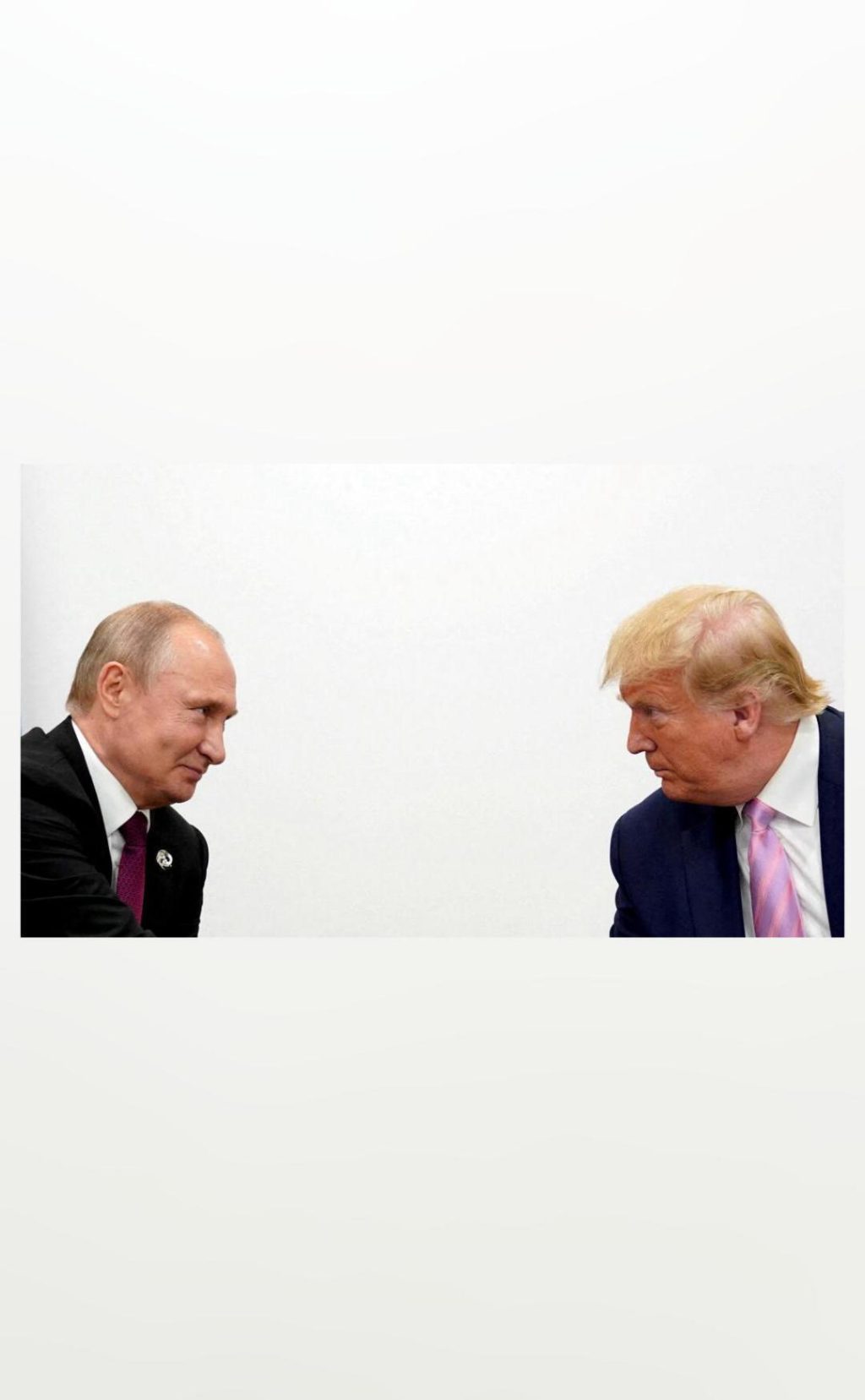
US Sides with Russia & Refuses to Blame it for Ukraine War at UN
The United Nations has seen yet another dramatic turn of events as the US, in a surprising move, sided with Russia and refused to blame the latter for the invasion of Ukraine. The development comes as Ukraine marked its third year of war this week, with the international community still grappling with the devastating consequences of the conflict.
A Europe-backed UN resolution was put to a vote, demanding an immediate withdrawal of Russian troops from Ukrainian territory. However, the US chose to break ranks with its European allies and voted against the resolution alongside Russia. India, China, and Brazil abstained from voting on the matter.
The voting pattern marks a significant departure from the US’ stance under former President Joe Biden, during whose tenure the country consistently voted with the Europeans on matters related to Ukraine. The Biden administration had been a vocal critic of Russia’s actions in Ukraine, imposing sanctions and providing military aid to the Ukrainian government.
The latest development has sparked widespread surprise and concern, with many questioning the Biden administration’s decision. The US has traditionally been a strong advocate for international law and human rights, and its failure to condemn Russia’s actions has raised eyebrows.
The UN resolution, which was put forward by the European Union, called for an immediate withdrawal of Russian troops from Ukrainian territory, as well as the release of all Ukrainian prisoners of war. The resolution also emphasized the need for a peaceful resolution to the conflict through diplomatic means.
Russia has been accused of violating international law and committing grave human rights violations in Ukraine, including the annexation of Crimea in 2014. The ongoing conflict has resulted in the deaths of thousands of people, displacement of millions, and widespread destruction of infrastructure.
The US’ decision to side with Russia has been met with criticism from many quarters, including the Ukrainian government. In a statement, the Ukrainian Foreign Ministry expressed “deep disappointment” with the US decision, calling it “unacceptable” and “a blow to the principles of international law”.
The US’ decision has also been criticized by many human rights organizations, who have accused the country of turning a blind eye to Russia’s atrocities. “The US has a moral obligation to stand up for human rights and international law,” said a spokesperson for Human Rights Watch. “By siding with Russia, the US is sending a message that it is willing to compromise on its values and principles.”
The decision has also sparked concerns about the future of the international order, with many wondering if the US is willing to challenge Russia’s aggression. “This decision sends a signal that the US is willing to work with Russia, even when it violates international law,” said a spokesperson for the international relations expert, Dr. Richard Haass. “It raises questions about the US’ commitment to upholding international law and protecting human rights.”
India, China, and Brazil, which abstained from voting on the resolution, have been accused of being unwilling to take a stand against Russia’s aggression. India’s decision to abstain has been criticized by many, particularly given the country’s close ties with Ukraine. “India’s decision to abstain is a missed opportunity to take a stand against Russia’s aggression,” said a spokesperson for the Indian opposition party, the Congress.
The development has significant implications for the ongoing conflict in Ukraine, as well as the broader international community. The US’ decision to side with Russia has sent a message that it is willing to compromise on its values and principles, and has raised concerns about the future of the international order.
As the world grapples with the consequences of the US’ decision, many are left wondering what the future holds for Ukraine and the international community. Will the US continue to prioritize its relationship with Russia over its commitment to human rights and international law? Only time will tell.



